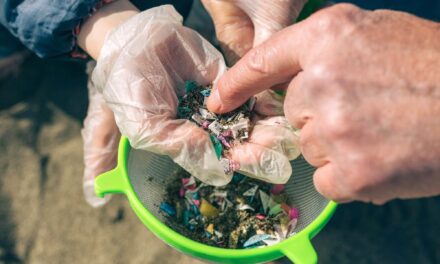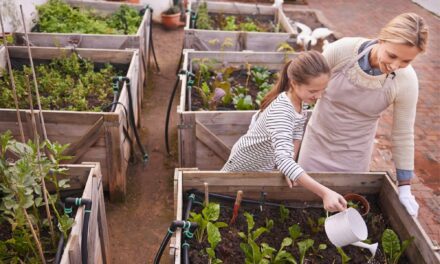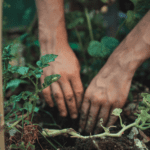
Eco Family: Practical Tips for Raising Eco-Conscious Kids
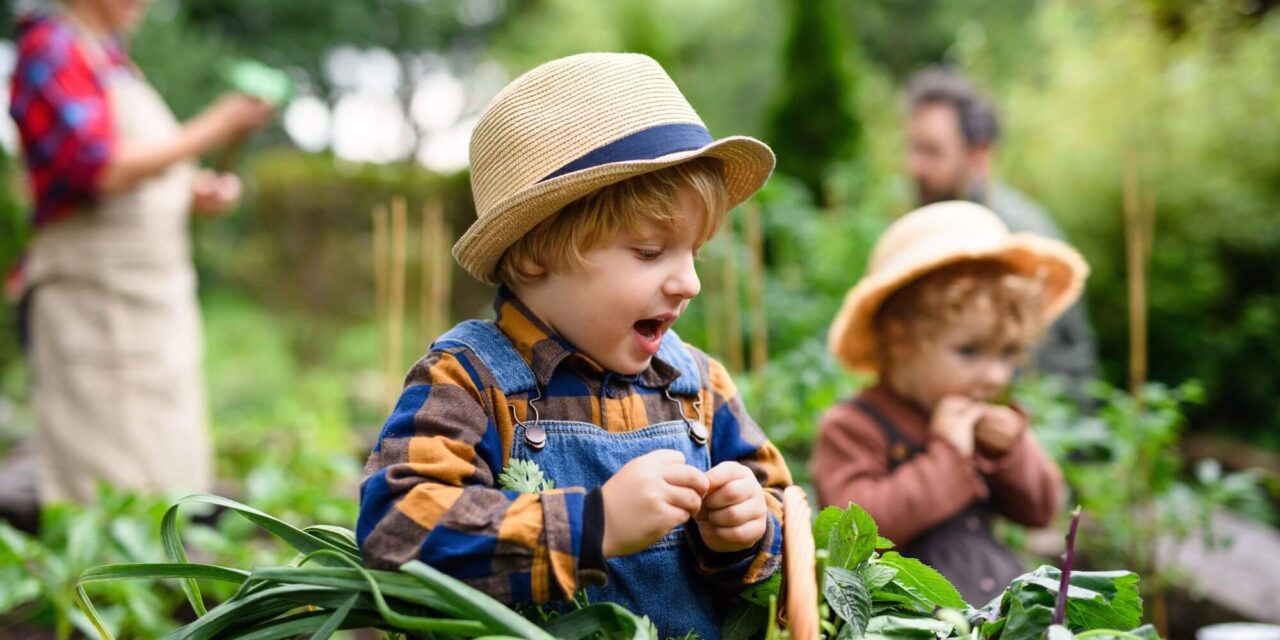
Highlights from the Eco-Wisdom Pathway
In a world where environmental concerns are increasingly central to global debates, fostering environmentally sensitive principles in the next generation is more important than ever. As parents, guardians, and caregivers, we play a critical role in developing our children’s mindsets and habits. This blog post seeks to help families navigate the process of parenting eco-conscious kids by providing practical tips and insights into numerous facets of daily living.
“If we want children to flourish, to become truly empowered, let us allow them to love the earth before we ask them to save it.“
~ David Sobel
Raise Eco-Conscious Kids: Positive Environmental Education’s Influence
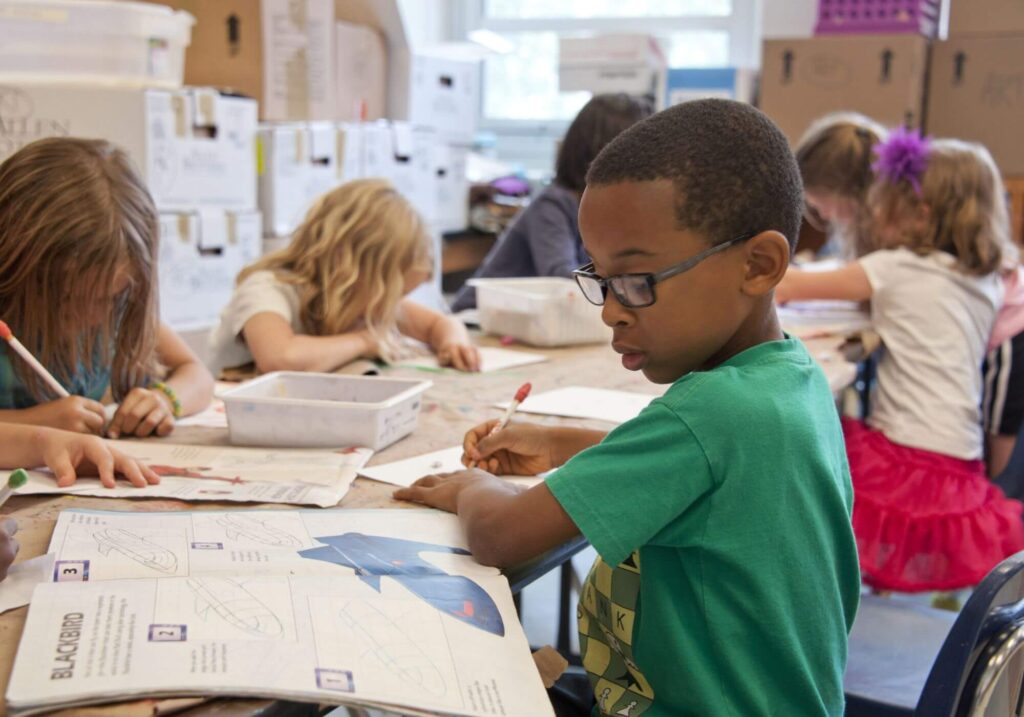
The foundation of raising eco-conscious kids is to provide them with positive environmental education. Schools, environmental organizations, and even online platforms can be useful resources for teaching youngsters about the necessity of living sustainably. Many educational programs increasingly emphasize ecological ideas, climate change, and the influence of human actions on the environment.
Parents can augment their children’s formal education by talking to them about environmental issues. Encourage them to ask questions, share their opinions, and consider possible solutions. Use age-appropriate videos, books, and games to communicate the importance of biodiversity, conservation, and reducing our environmental footprint.
Positive environmental education instills a sense of responsibility and a love of nature, laying the groundwork for future eco-conscious decisions. Children gain a greater awareness of their relationship to the environment by incorporating these teachings into the fabric of their understanding.
Sustainable Family-Friendly Practices
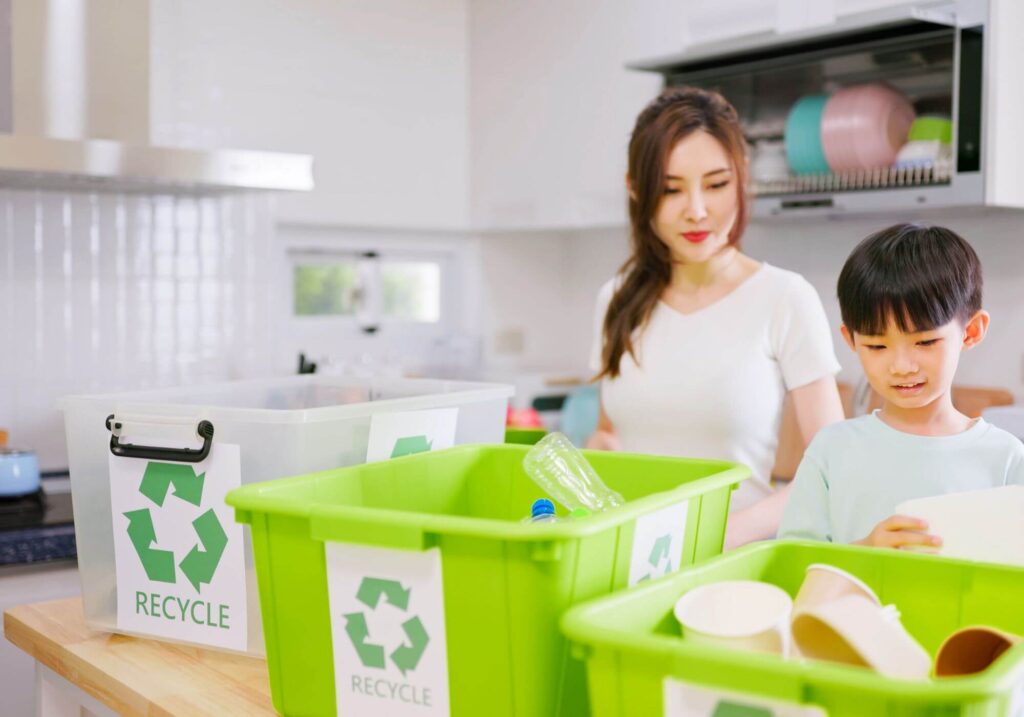
Creating an eco-friendly home environment is an important component of parenting eco-conscious kids. Simple improvements in daily habits can make a major difference in achieving a sustainable lifestyle. Reduced single-use plastic, energy conservation, and embracing eco-friendly items are real actions that families can take.
Reduce, Reuse, Recycle: Teach children the three Rs from an early age. Set up recycling containers in your home and involve your children in sorting. To reduce waste, cultivate a culture of reusing products whenever possible. Small efforts, such as using cloth bags instead of plastic bags or reusable water bottles, can have a long-term influence.
Conserve Energy: Make it a practice to turn off lights and electronic gadgets when not in use. Consider purchasing energy-efficient equipment and teaching children about the environmental benefits of energy conservation. Developing a family routine that stresses appropriate energy consumption sets a good example for children.
Embrace Sustainable Products: Look into environmentally friendly alternatives to daily items like bamboo toothbrushes, reusable food containers, and eco-friendly cleaning products. Explain to children the significance of selecting products that have a low environmental impact. This not only minimizes waste but also promotes responsible consumer behavior.
Parental Influence: Setting a Good Example

Parents are their children’s key role models. Parents can effectively inspire their children to adopt similar practices by modeling eco-conscious principles in their own lives. Consistency in displaying environmentally beneficial habits leaves an indelible imprint on the minds of young people.
Lead by Example: Through your daily actions, demonstrate eco-conscious practices. Children learn these practices through observation, whether it’s exercising conscious consumption, composting kitchen waste, or choosing sustainable transportation options. Be open about the reasoning behind your decisions to help them see the bigger picture.
Include Children in Decision-Making: Involve children in family decisions about sustainability to empower them. Consider their thoughts and educate them about the environmental implications of choices such as meal preparation, transportation, and leisure activities. This not only instills a sense of responsibility in them, but it also improves their decision-making abilities.
Eco-Friendly Milestones: Recognize and celebrate family successes in sustainable living. Recognition fosters positive behavior, whether it’s successfully reducing home trash or consistently using eco-friendly items. Providing children with a sense of accomplishment encourages them to continue making environmentally conscious decisions.
Promoting Outdoor Exploration for Eco-Conscious Kids
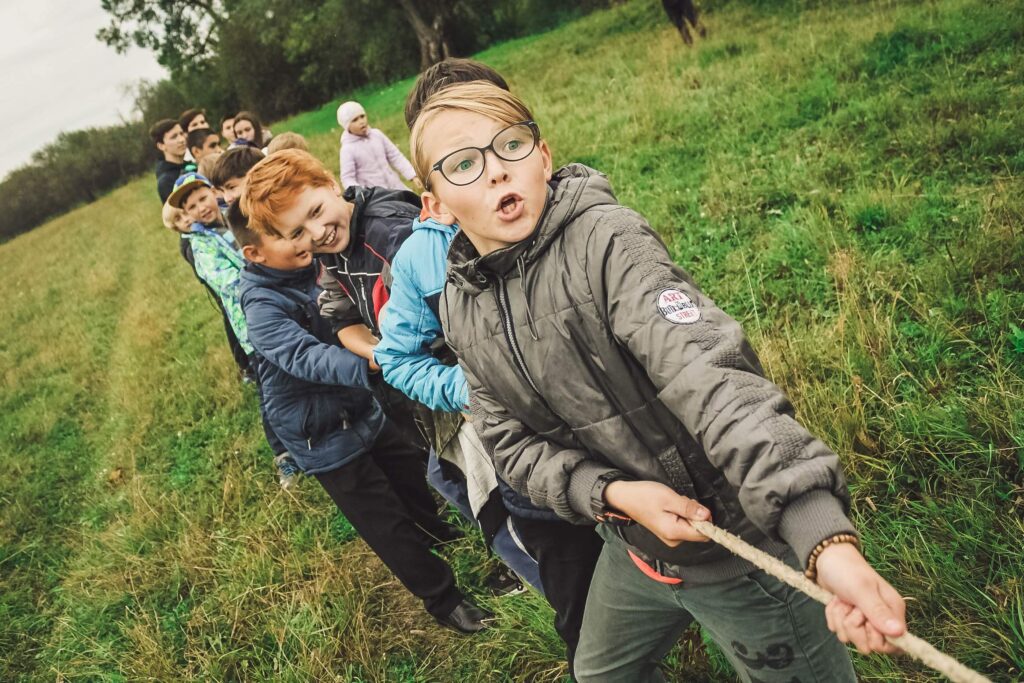
Connecting with nature is a wonderful way to inculcate in youngsters a love and regard for the environment. Outdoor exploration not only promotes physical activity but also offers numerous opportunities to learn about ecosystems, wildlife, and the fragile balance of the natural world.
Nature Walks and Hikes with Eco-Conscious Kids: Take the family on regular nature walks or hikes. Investigate nearby parks, wildlife reserves, and hiking paths. Take advantage of these expeditions to observe and enjoy the natural world’s magnificence. Allowing youngsters to ask questions and learn about the flora and fauna around them fosters curiosity.
Gardening Projects with Eco-Conscious Kids: Engage children in gardening activities to build a sense of responsibility and connection to the environment. Begin with easy chores such as growing herbs, flowers, or veggies. Teach kids the value of soil health, water conservation, and the significance of pollinators in a successful garden.
Camping Adventures with Eco-Conscious Kids: Plan family camping outings to expose youngsters to the beauty of nature. Camping encourages a greater appreciation for nature, self-sufficiency, and basic living. Use this opportunity to tell stories about the value of preserving natural areas and leaving no trace.
Participating in Eco-Conscious Communities with Eco-Conscious Kids
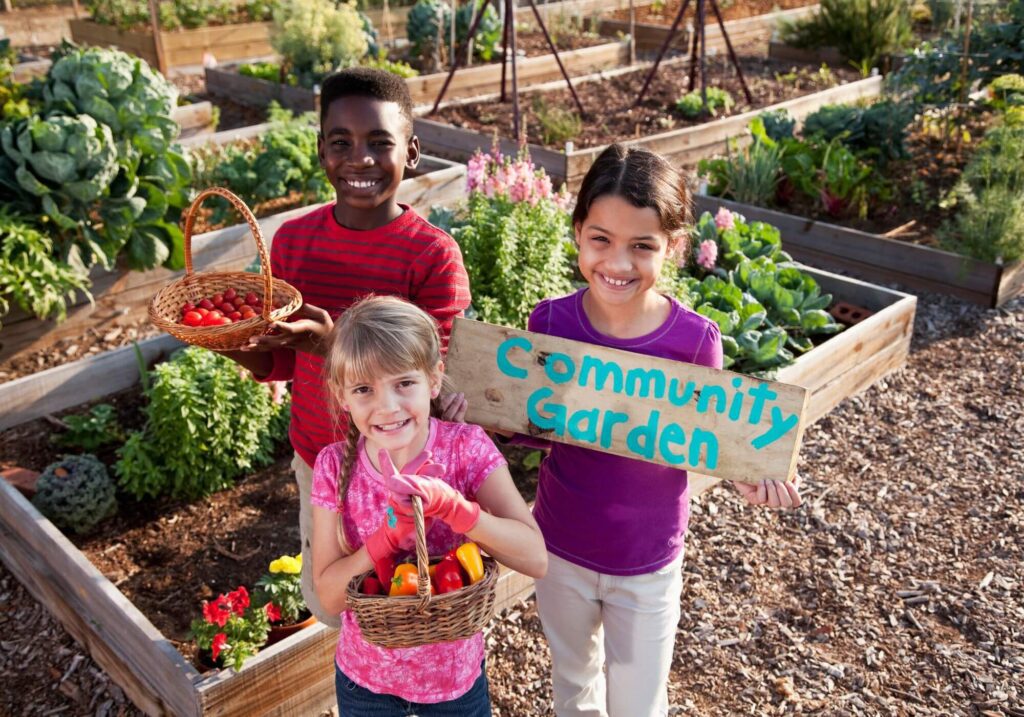
Creating a sense of community around environmentally conscious principles provides additional support and inspiration for families on their journey to raise eco-conscious kids. Joining local or online sustainability networks can broaden viewpoints and provide vital resources.
Community Clean-Up Initiatives: As a family, participate in local clean-up events. These activities not only help to clean up the environment, but they also create a sense of communal duty. Children who actively participate in environmental cleanup acquire a personal connection to the well-being of their neighborhood.
Resources Swapping and Sharing: Participate in community efforts that promote resource sharing and swapping. Toy swaps, clothing exchanges, and community gardening are examples of this. Families that participate in these activities decrease waste, save money, and help to build a more sustainable and integrated community.
Educational Workshops and Events: Take your children to eco-conscious workshops and events to broaden their knowledge and network with like-minded others. These gatherings frequently cover a wide range of themes, from green living to wildlife protection. Exposure to a larger eco-conscious community emphasizes the significance of collective action.
Frequently Asked Questions (FAQs) About Raising Eco-Conscious Kids

How can I incorporate positive environmental education into the routine of my child?
Through age-appropriate movies, nature-themed novels, and educational games, positive environmental education may be smoothly interwoven into your child’s routine. Many online platforms also provide interactive content aimed at engaging and educating children about environmental issues.
Are there any special outdoor activities that promote environmental awareness?
Without a doubt! Nature walks, trekking, gardening projects, and camping excursions are all fantastic outdoor activities that not only promote physical exercise but also provide an opportunity to learn about the natural world. These activities foster curiosity, observation, and a stronger connection to the natural world.
How can I make my home more environmentally friendly without making significant changes?
Adopting sustainable practices at home does not always necessitate major adjustments. Begin by reducing single-use plastic, embracing the three Rs (reduce, reuse, and recycle), and conserving energy by turning off lights and electrical devices when they are not in use. It is also possible to have a substantial effect by gradually introducing eco-friendly products into your daily life.
How can I assist my child in making decisions about sustainable choices?
Empower your child by incorporating them into family sustainability decisions. Consider their thoughts and educate them about the environmental implications of choices such as meal preparation, transportation, and leisure activities. This not only instills a sense of responsibility in them but also improves their decision-making abilities.
Are there any online communities for families interested in eco-friendly living?
There are various online forums dedicated to eco-conscious family living. For families interested in sustainable living, social media platforms, forums, and websites frequently conduct discussions, exchange insights, and provide resources. Joining these groups can provide support, inspiration, and a sense of kinship with other people who have similar interests.
How can I celebrate environmentally responsible milestones with my family?
Marking eco-friendly achievements is an excellent approach to promoting positive behavior. Recognize accomplishments such as minimizing household trash, utilizing eco-friendly products consistently, or implementing sustainable behaviors. Consider holding a modest family celebration, sharing anecdotes, and addressing the environmental benefits of these anniversaries.
What are some simple methods to get my youngster involved in gardening projects?
Gardening projects can be a fun and instructive way to get kids involved in environmentally friendly practices. Begin with easy chores such as growing herbs, flowers, or veggies. Allow them to help with the planting, watering, and upkeep of the garden. Take advantage of this chance to teach children about soil health, water conservation, and the value of pollinators.
Where can I find local clean-up events in which my family can participate?
Environmental groups, community organizations, and local government agencies frequently conduct local clean-up events. Look for forthcoming clean-up projects in your neighborhood on online community boards, social media groups, or environmental organizations. Participating in these events as a family is a meaningful way to help create a cleaner environment.
Do you have any suggestions for eco-friendly seminars or events for families?
Many localities organize eco-friendly programs and events for families. Look for activities that include subjects like sustainable living, wildlife protection, and eco-friendly crafts. Local nature centers, environmental organizations, and community centers are excellent places to inquire about future family-friendly programs.
How can I engage my child in the concept of reducing, reusing, and recycling?
Make it a family activity to make the concept more appealing. Make a recycling station at home and get your youngster involved in sorting recyclables. Explain how recycled materials travel and how they might be turned into new goods. Consider making it a game or a craft activity to make learning more enjoyable for them.
Conclusion: Raising Eco-Conscious Kids for a Sustainable Future
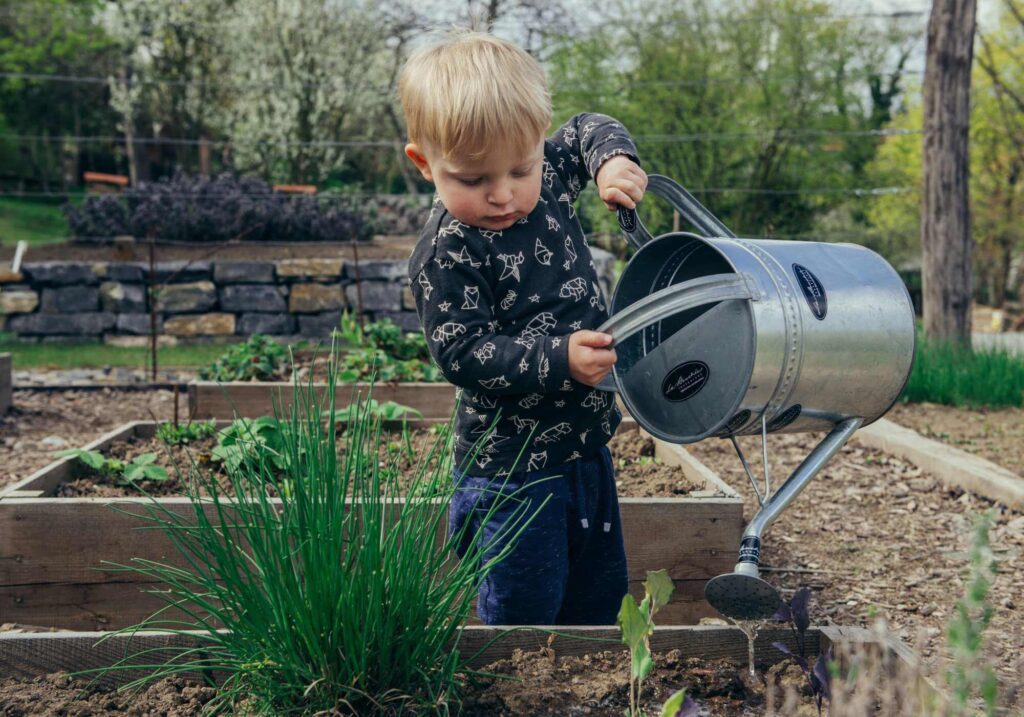
To summarize, raising eco-conscious kids is a transformative journey that begins with positive environmental education, continues with sustainable family practices, leverages parental influence, encourages outdoor exploration, and thrives among eco-conscious communities. Parents can create a strong awareness of the environment in their children and contribute to the formation of a generation devoted to sustainable living by implementing these practical tips into family life. These initiatives have long-reaching consequences that go far beyond individual families, generating a collective impact that resonates with the larger global movement toward a more sustainable future.


